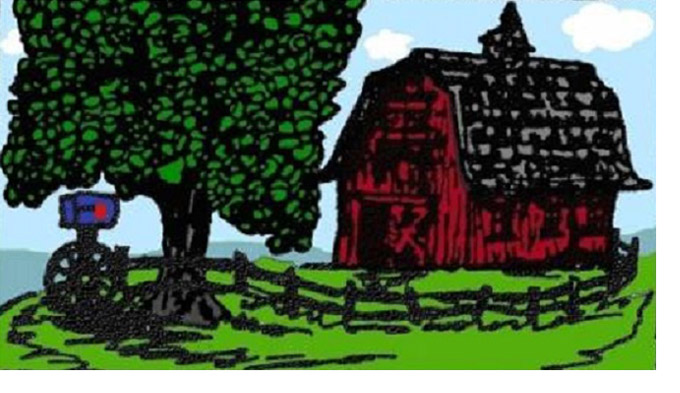Specially trained crews from the Forest Preserve District will be conducting prescription burns at select sites in the county’s forest preserves over the next few weeks.
“Fire is an important tool in our restoration toolbox,” said director of Natural Resources Erik Neidy. “Prescription burns help us control invasive, exotic plants so desirable native species with deep root systems can thrive.”
Prescribed fires are generally conducted in late fall after the season’s vegetation has died and again in early spring after the snow melts but before things green up. A variety of factors including wind speed and direction, temperature, and humidity determine when crews can safely conduct prescribed fires, so the Forest Preserve District cannot schedule them in advance.
Residents who live near planned prescription burn locations received notices in the mail last fall, and crews will post signs and contact local fire departments on the mornings of burns. This information will also be posted on the District’s Facebook page.
Specially trained crews remain on site throughout the process, and prescribed burns are only conducted during daylight hours. If these factors are not present, anyone seeing flames in the forest preserves may be witnessing a wildfire and should call 911.
Prescription burns are not to be confused with the catastrophic, uncontrolled wildfires that occur in the dense coniferous forests of the West, where an overabundance of flammable materials often enables fires to burn at extremely high temperatures and spread uncontrollably from treetop to treetop.
“Our oak and hickory woodlands in the Midwest do not provide the same type of fuel to cause the wildfires we see in the news. Trees in the Midwest are primarily deciduous, which means their leaves fall to the forest floor annually. As such, fuel for fires is low to the ground.” Neidy explains. “Prairies and forests used to burn regularly and were essential to the American landscape before the land was developed with homes and farms. We are bringing fire back to safely re-create what nature once did on its own.”
During the fall 2021– spring 2022 prescribed fire season, District crews conducted 64 controlled burns, covering 1,513 acres in 23 preserves, including over 250 acres at Hawk Hollow Forest Preserve in Bartlett. Of the burned acres, 39% were prairie, 15% wetland, and 46% woodland.
